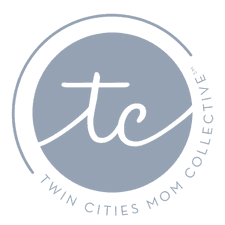Fall 2019 Enrollment has just opened for high-quality childcare and education at Lake Area Discovery Center’s 14 metro locations. Visit http://ladcfamilies.org/ to learn more, schedule a tour or enroll!
Did you know that the way you talk with your child about mistakes or difficult moments now, will shape the way that your child’s brain thinks about and processes information in the future? You as a parent can strengthen neural connections in your child’s brain to help develop a mindset that allows them to handle and learn from mistakes while also striving to take on new difficult tasks daily.
Children learn their own self-talk through what is indirectly modeled to them or what is explicitly taught. Therefore, if you want your child to develop a positive sense of self that can persist with difficult tasks, you need to know what you can do as a parent to shape your child’s self-talk.
Many children will say things like “I can’t”, “It is too hard”, or “You do it for me”. One can also see negative self-talk through children’s behaviors such as behavioral outbursts when they make a mistake or a task is too difficult, refusing to try something new, or even withdrawal from activities due to worries about failure. All of these thoughts or behaviors described above are signs that a child might be developing a fixed mindset.
Some core beliefs that children with fixed mindsets hold include: avoiding challenges in order to avoid failure; giving up frequently when encountering an obstacle; blaming others or the situation for their failure; shutting down in the face of mistakes; and viewing mistakes as embarrassing. Through explicit teaching and modeling, children can change their fixed mindset to one of positive self-talk that allows them to: problem solve a situation when faced with an obstacle; be willing to try difficult tasks, even if they will make mistakes; and enjoy learning from trying new things. Don’t wait to begin teaching these concepts until your child demonstrates a fixed mindset. Rather help set them up for success by instilling the right tools to be able to handle anything in the future.
Modeling positive self-talk

One very important way that you can help your child develop the ability to develop a growth mindset is through modeling and practicing positive self-talk with your child. Here are some example phrases that you can model and also rehearse with your child:
- Even if I make a mistake, I can try again
- I will do my best
- I can do hard things
- I will keep trying
- Even though I didn’t win, I still had fun
- I can do this
- I can be brave
- Maybe next time
Providing Positive Attention for Your Child’s Effort

The saying “where attention goes, behavior grows”, helps to explain why it is so important to provide positive attention towards your child’s effort when they are doing something new or difficult, if you want to see them do it again and again in the future. It is important to remember that you want to provide attention to your child’s effort rather than saying “you are so smart”. It is important to send the message to your child that it was their effort that that helped them to reach the end result. The following are a variety of examples of labeled praise statements that will help your child continue to persist with difficult tasks and try new things:
- I can see you worked so hard on this.
- I like how you kept working until you figured it out.
- You did a great job trying again, even when you were frustrated.
- I love how when your first idea didn’t work, you tried another idea.
- Great job having a calm body when practicing putting your coat on.
- I like how careful you are coloring.
- You are doing a great job concentrating while you build that tall tower.
Using Books and Music to Model Positive Self-Talk

In order to help children better learn positive self-talk, it is good to use many different methods of presenting the same concept. The following are some good books and songs that teach about the concept of continuing to try, even when making mistakes or things are difficult. By reviewing the concepts with your children frequently, you are strengthening the neural pathways in their brain, which make it more likely that their brain will develop the new behavior, rather than resorting to old negative self-talk statements.
Books that teach about perseverance and trying new things:
- Beautiful Oops! by Barney Saltzberg
- Little One Step by Simon James
- The Girl Who Never Made Mistakes by Mark Pett and Gary Rubinstein
- The Dot by Peter H. Reynolds
- Ish by Peter H. Reynolds
- The Most Magnificent Thing by Ashley Spires
- I Can Handle It by Laurie Wright and Ana Santos
- I Believe in Myself by Laurie Wright and Ana Santos
- I Will Try by Marilyn Janovitz
Songs that teach about perseverance and trying new things:
- Sesame Street “Don’t Give Up”
- Sesame Street “What I Am”
- Sesame Street “Believe in Yourself”
- Trolls “Get Back Up Again”
- Shakira “Try Everything”
- Sesame Street “Power of Yet”
- Moana “How Far I’ll Go”
- Sesame Street “Everyday Heroes Club Song”
Dr. Jenna Edlund is a postdoctoral fellow working towards her licensure as a psychologist under the supervision of Dr. Elizabeth Wagner at ELEOS Psychology clinic. Dr. Edlund has gained experience working with a wide variety of ages in both home, school and office settings. She has had extensive training in behavior analysis and cognitive behavioral therapy. Dr. Edlund also has experience providing parent trainings and teacher in-services on a variety of issues that occur during the early childhood years. Additionally, Dr. Edlund is a behavior consultant for Lake Area Discovery Center where she provides parent trainings and individual modeling for teachers on behavioral strategies in the classroom. Dr. Edlund received her Bachelor’s Degree in Psychology and Spanish from College of Saint Benedict. She received her Master’s Degree in Clinical Psychology from Minnesota State University, Mankato. Dr. Edlund completed her Doctorate in School Psychology from the University of Utah.



